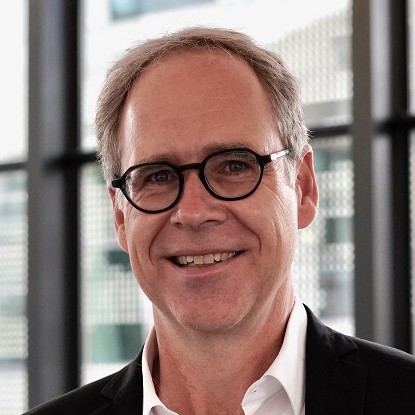In addition, the innovative strength of the scientific institutions is to be used for the development of the Hessian economy. LOEWE funding is designed as initial funding, with the help of which the scientific institutions in Hessen are to acquire more third-party funding and successfully participate in larger national and international collaborative projects.
Information on the LOEWE program and the three funding lines: website of the Hessen State Ministry of Higher Education, Research and the Arts.
Below you will find an overview of the scientists awarded a LOEWE professorship at TU Darmstadt and the LOEWE funding projects acquired by the university. The LOEWE Research Centres are usually run jointly with non-university research institutions and/or other universities.
LOEWE professorships at TU Darmstadt
LOEWE top professorships: for excellent, internationally recognized researchers. Five-year funding of 1.5 to three million euros
| Name | Working area(s) | Contact | |
|---|---|---|---|
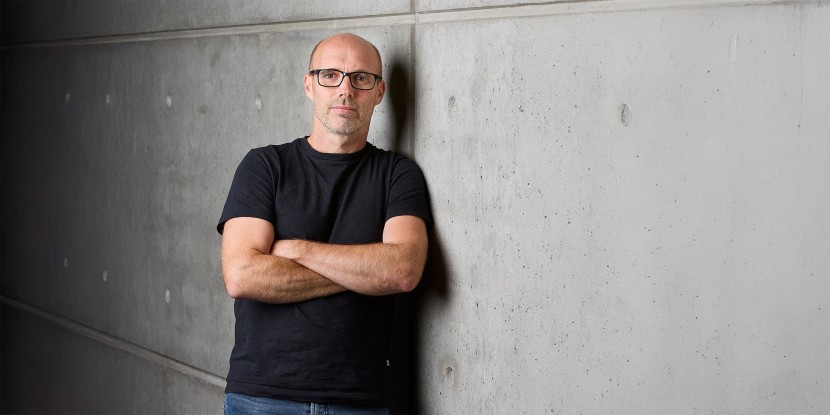
Picture: Mathias Daum - Fotografie MD
| Professor Dr. Heinz Koeppl | Use of artificial intelligence (AI) to design new biomolecules and genetic circuits in synthetic biology | |
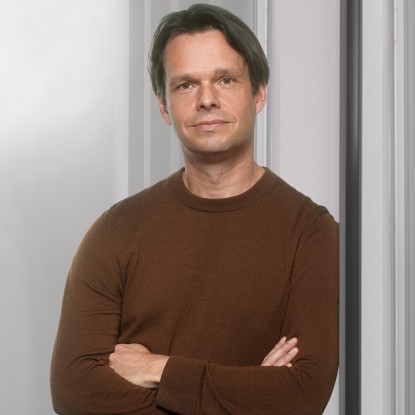
Picture: DFKI/Jürgen Mai
| Professor Dr. Carsten Binnig | Development of a new generation of AI-centred database systems | |
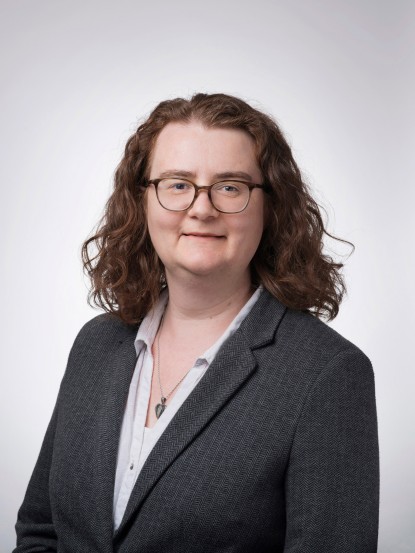
Picture: Gregor Schuster
| Professorin Dr. Iryna Gurevych | Research into knowledge processing with artificial intelligence | |
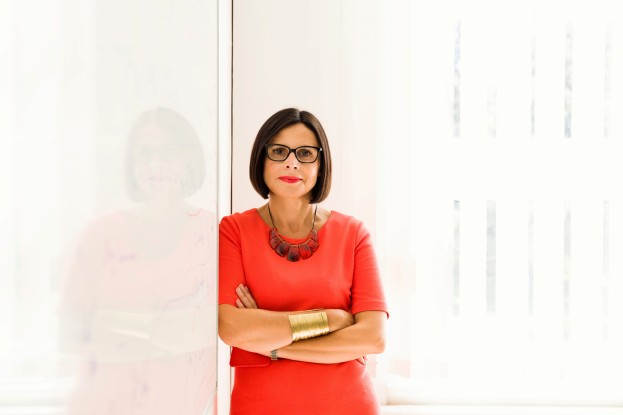
Picture: Katrin Binner
| Prof.‘in Dr. Dr. h.c. Mira Mezini | Software technology in the context of data protection, data security and artificial intelligence | |
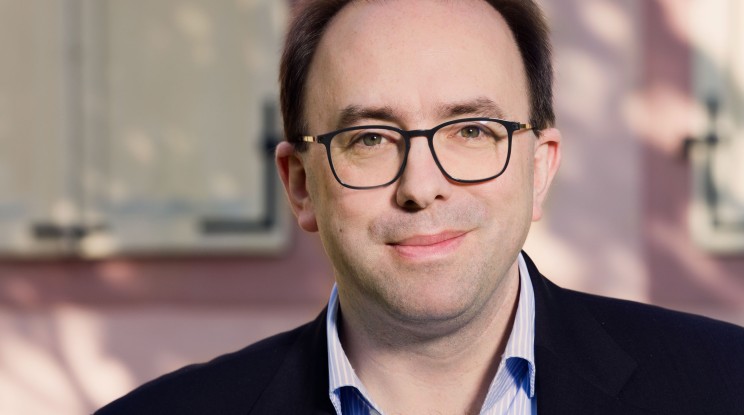
Picture: Katrin Binner
| Prof. Ph.D. Achim Schwenk | Research into forces in atomic nuclei and neutron stars | |
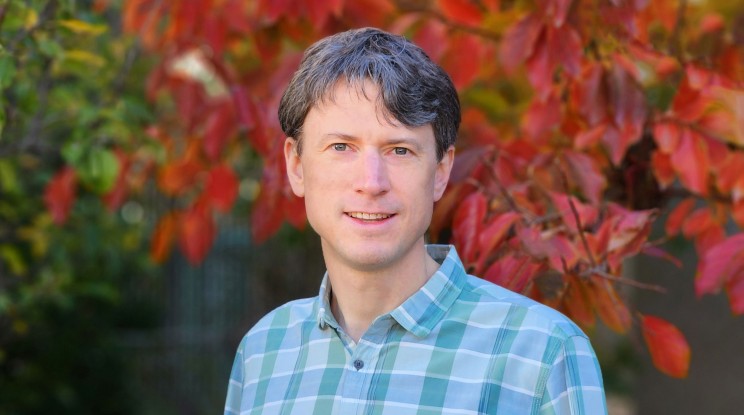
Picture: privat
| Prof. Dr. Marcus Rohrbach | Research into greater reliability and self-awareness of artificial intelligence |
LOEWE Start Professorships: For excellent scientists at an early stage of their career. Six-year funding of up to two million euros to attract them to Hessen as a science location or to keep them here.
| Name | Working area(s) | Contact | |
|---|---|---|---|
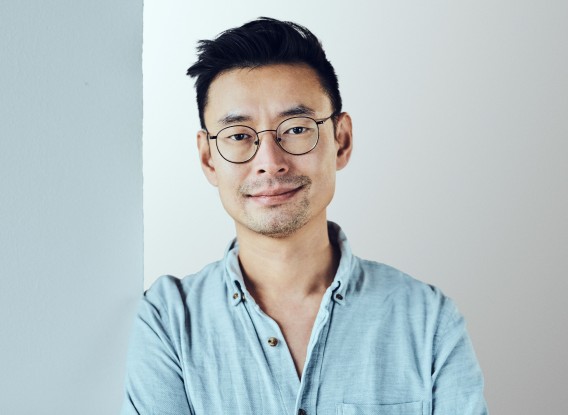
Picture: Tübingen AI Center / Elia Schmid
| Prof. Dr. Charley Wu | Use of human learning strategies by artificial intelligence | |
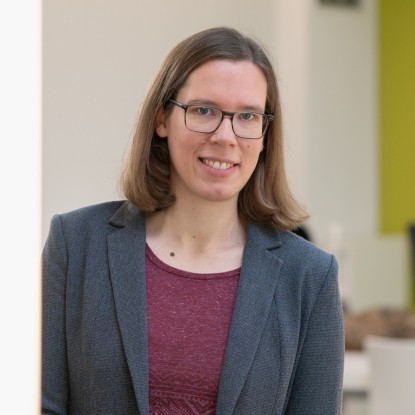
Picture: Patrick Bal
| Professorin Dr. Anna C. Bakenecker | Development, control and monitoring of nano- and microrobots | |
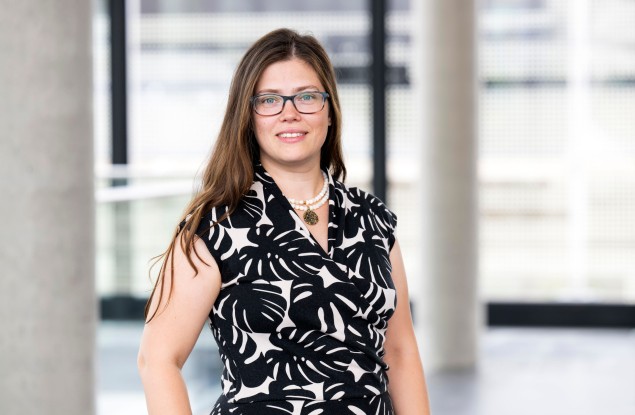
Picture: Klaus Mai
| Prof.‘in Dr. Anna Rohrbach | Research into more natural communication between humans and AI | |
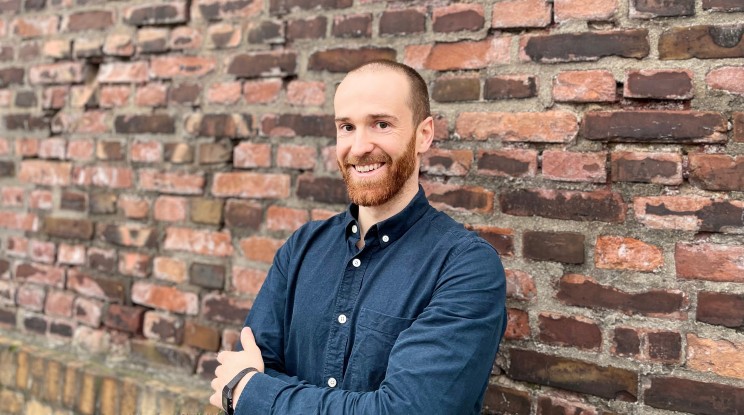
Picture: privat
| Prof. Dr. Timo Richarz | Research into mathematical solutions for more security on the Internet |
LOEWE transfer professorships: Dynamization of the exchange between research and praxis. Funding volume of up to one million euros.
| Name | Working area(s) | Contact | |
|---|---|---|---|
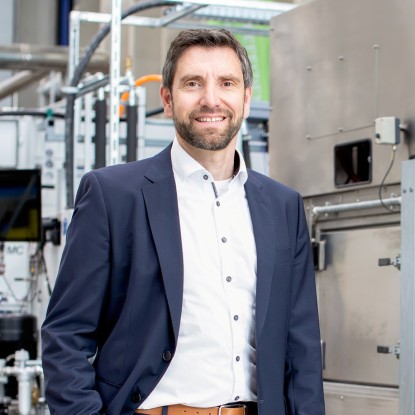
Picture: PTW/TU Darmstadt
| Prof. Dr.-Ing. Matthias Weigold | Transfer of energy and resource efficiency research results to industry, politics and society |
Guidelines for submitting a proposal for a LOEWE professorship
Please contact the university strategy unit if you are planning to submit a proposal.
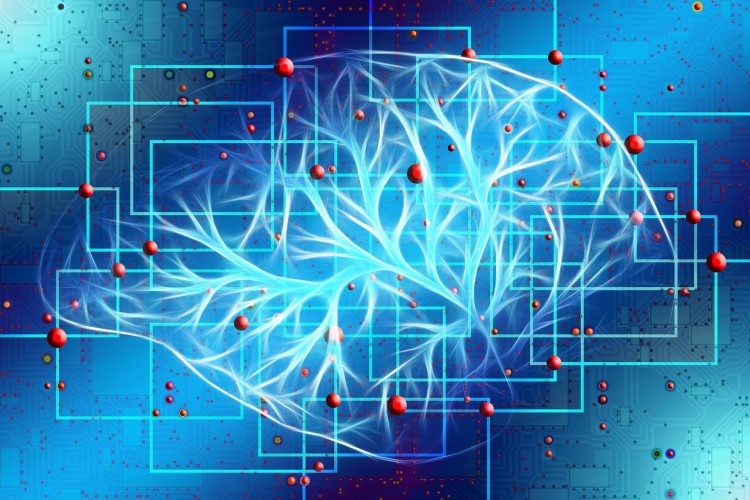
Whitebox - LOEWE research cluster
How can artificial and human intelligence be better explained? This is the focus of the “WhiteBox” research cluster.
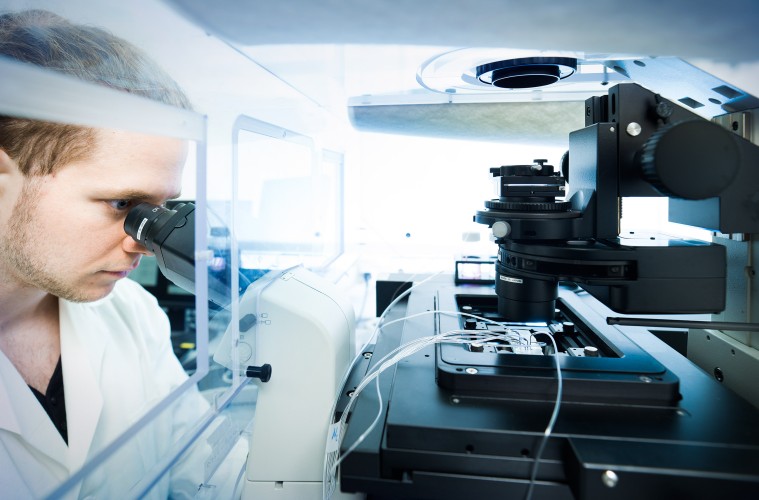
emergenCITY - LOEWE research centre
Why do we need “resilient digital cities”? Because in a crisis, information and communication technologies must function securely in order to help quickly and efficiently return to normality.
| Title | Coordinator |
|---|---|
| emergenCity | Prof. Dr.-Ing. Matthias Hollick (Department of Computer Science) |
| DYNAMIC |
Philipps-Universität Marburg Contact person at the TU Darmstadt: Prof. Dr. Iryna Gurevych (Department of Computer Science) and Prof. Dr. Kristian Kersting (Department of Computer Science) |
| Title | Coordinator |
|---|---|
| FLOW FOR LIFE | Prof. Dr.-Ing. Jeanette Hussong (Department of Mechanical Engineering), Prof. Dr. Ulrike A. Nuber (Department of Biology) |
| WhiteBox | Prof. Constatin Rothkopf, PhD (Department of Human Sciences), Prof. Dr. Kristian Kersting (Department of Computer Sciences) |
Directions for applicants (in German)
Current call for proposals and documents for the application process
Please contact the Directorate for Research and Technology Transfer if you are planning to submit an application.




